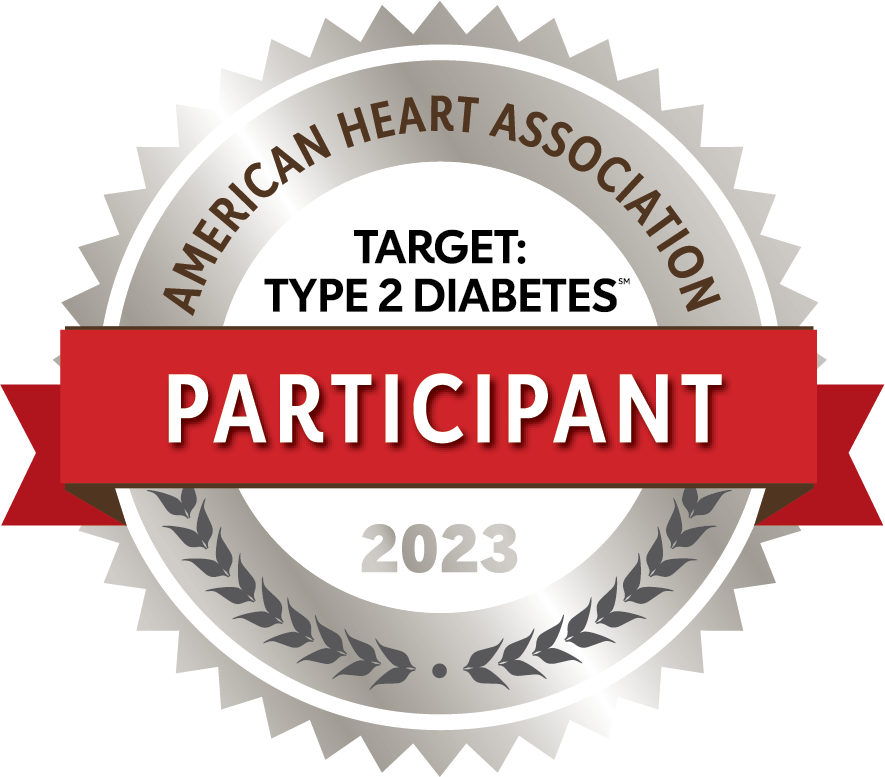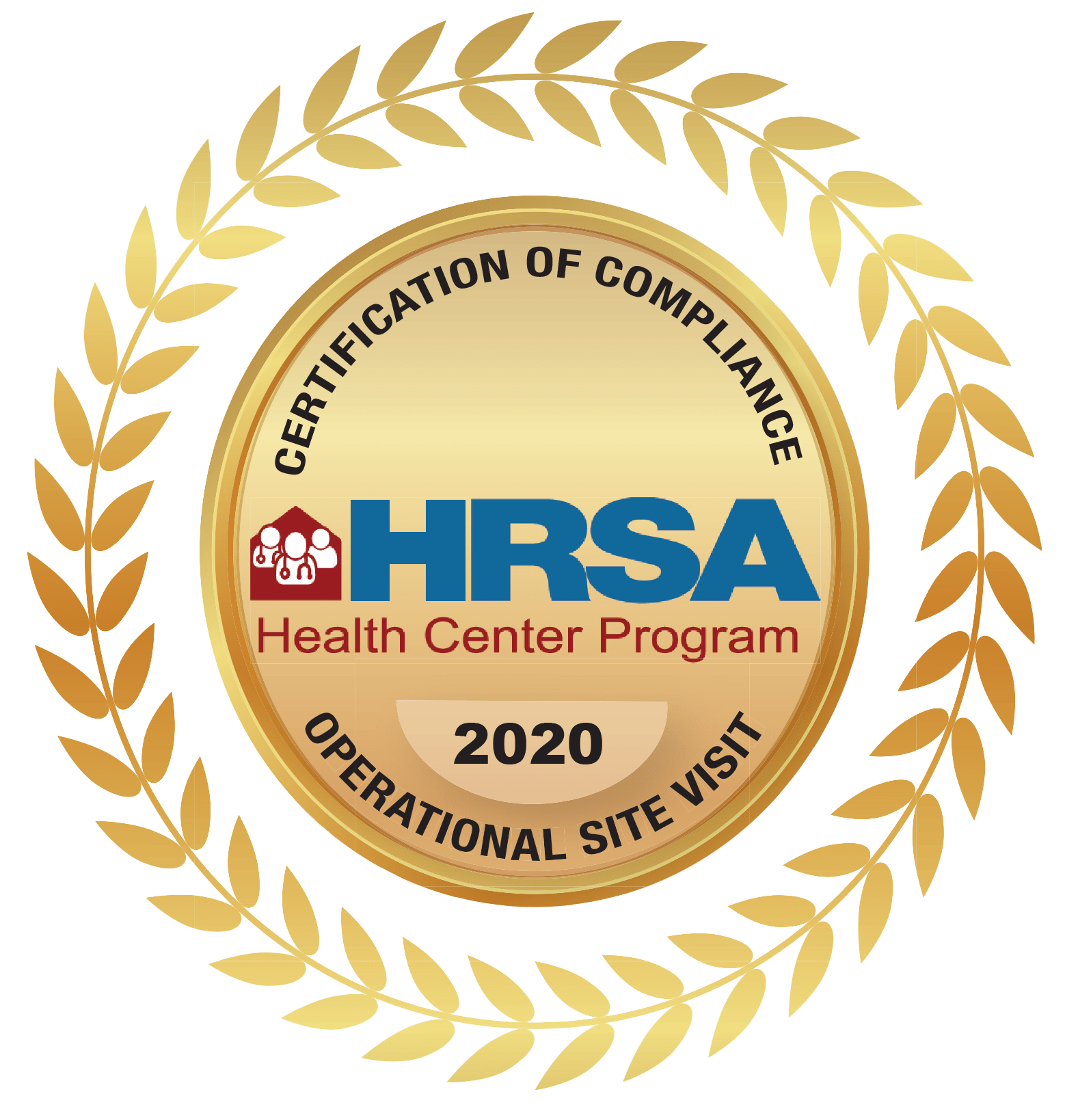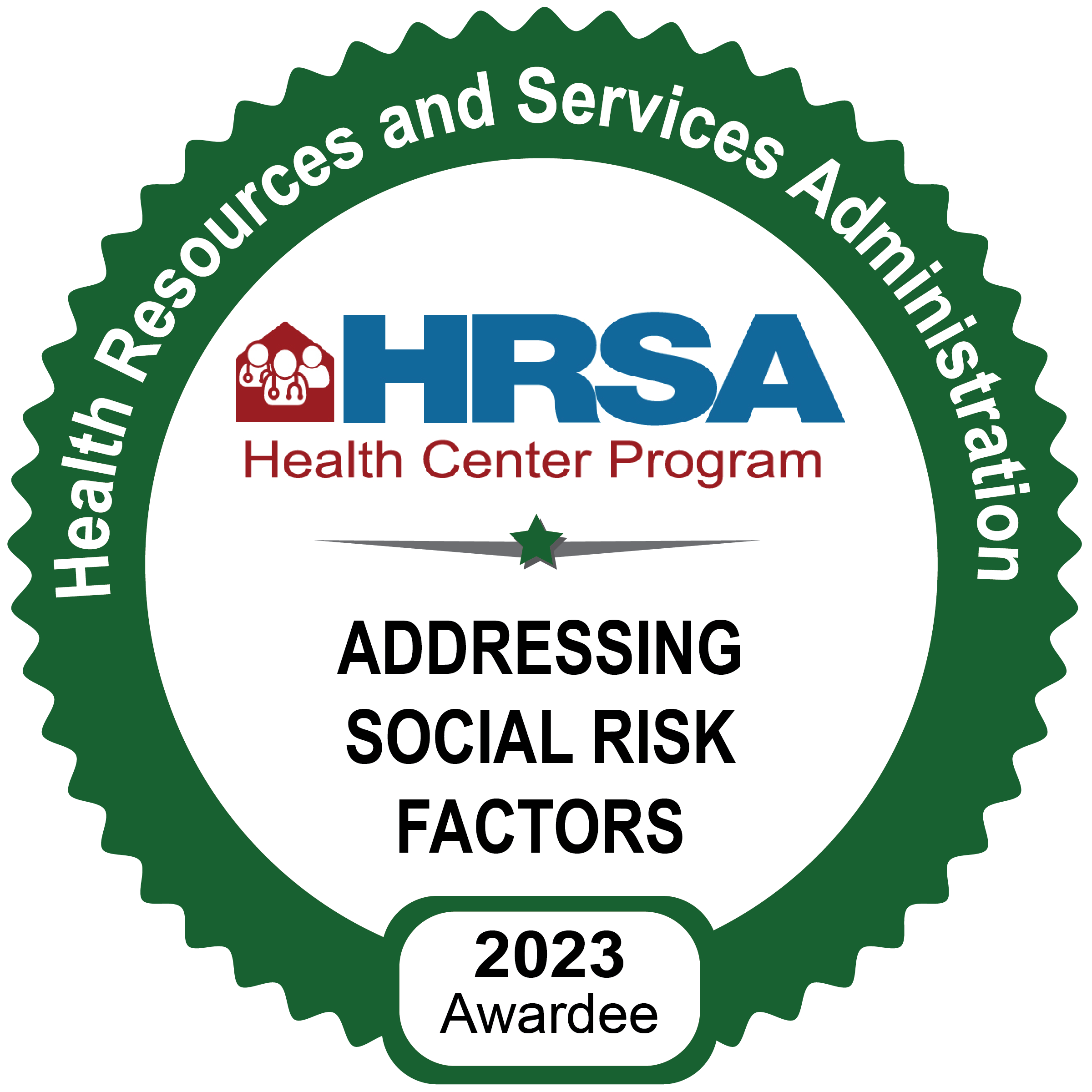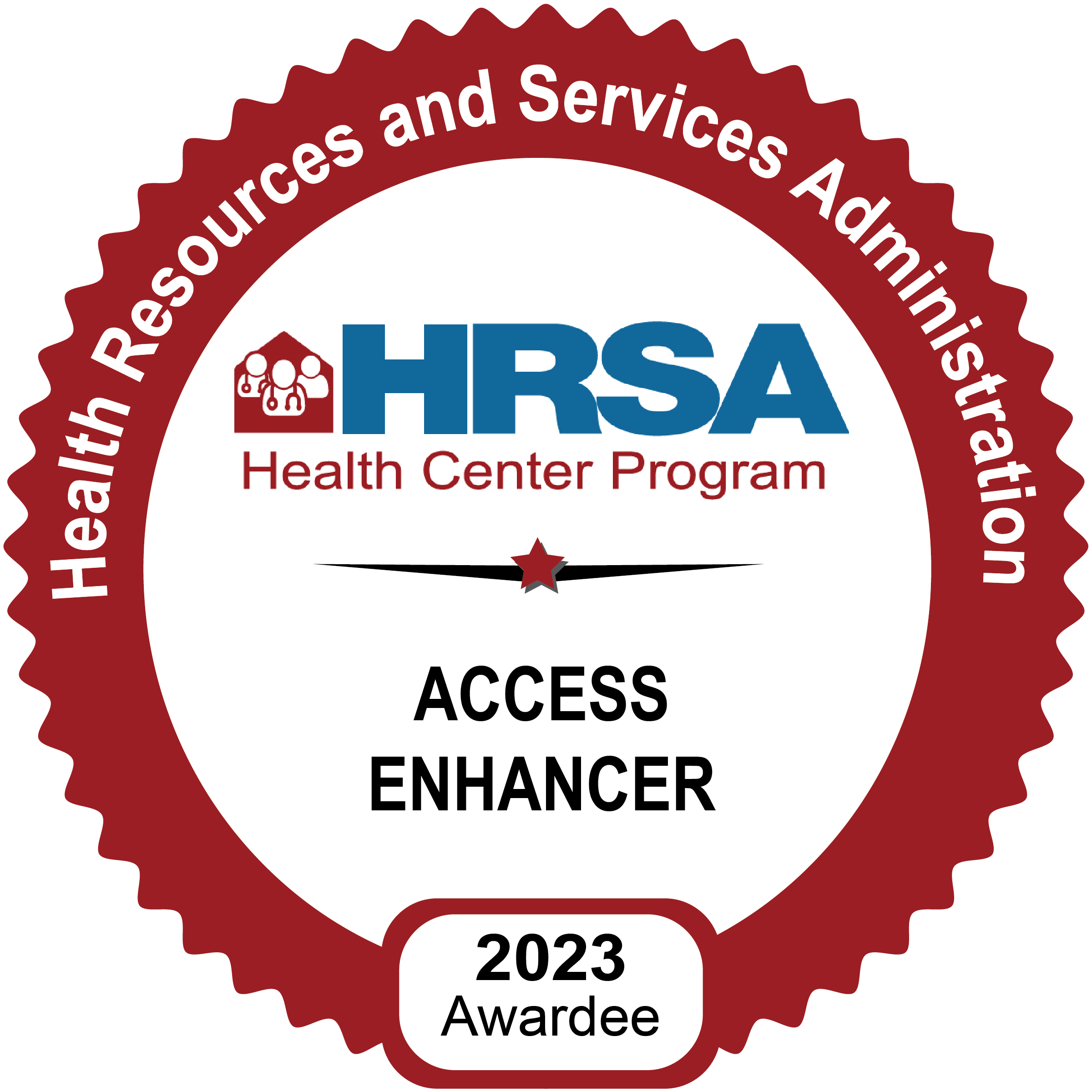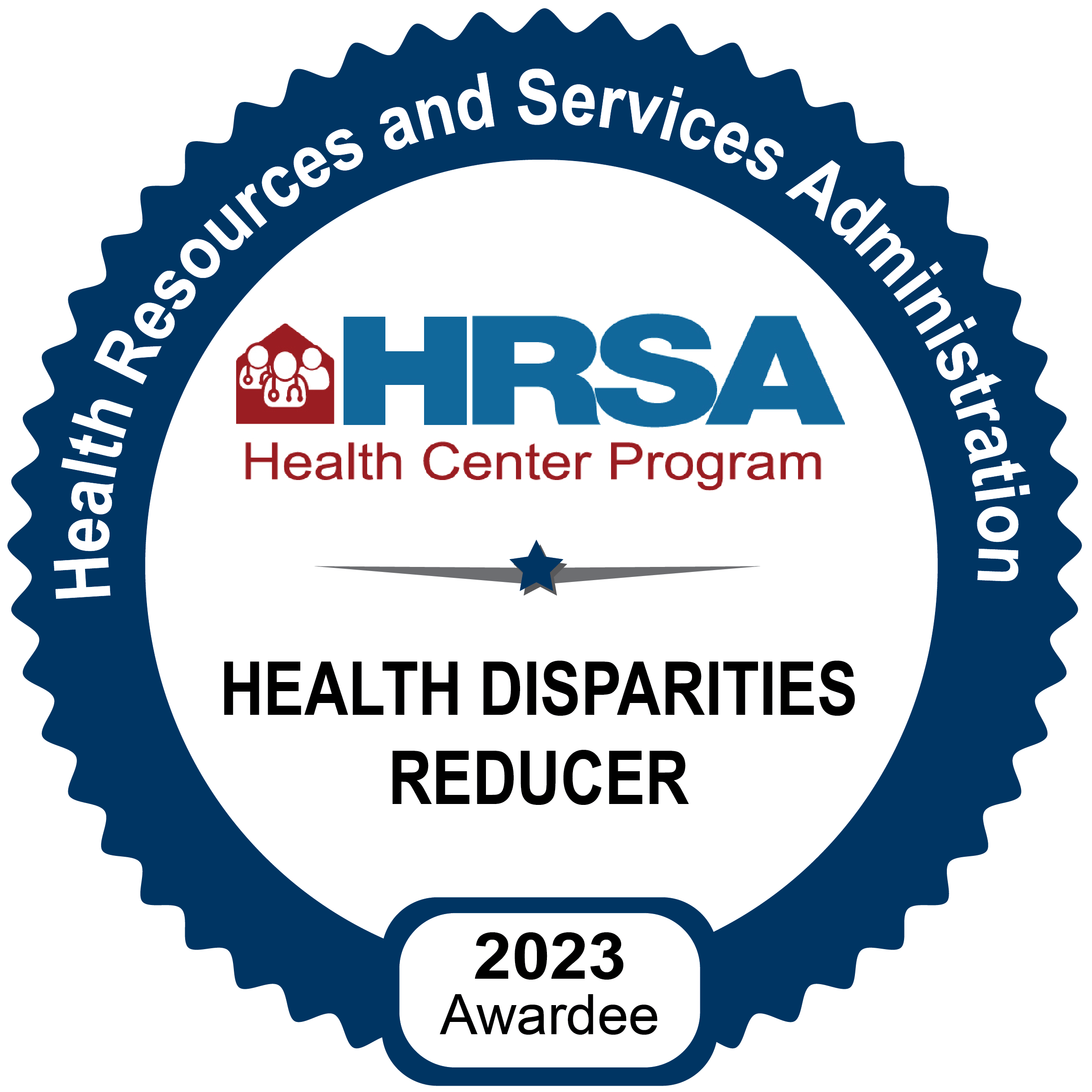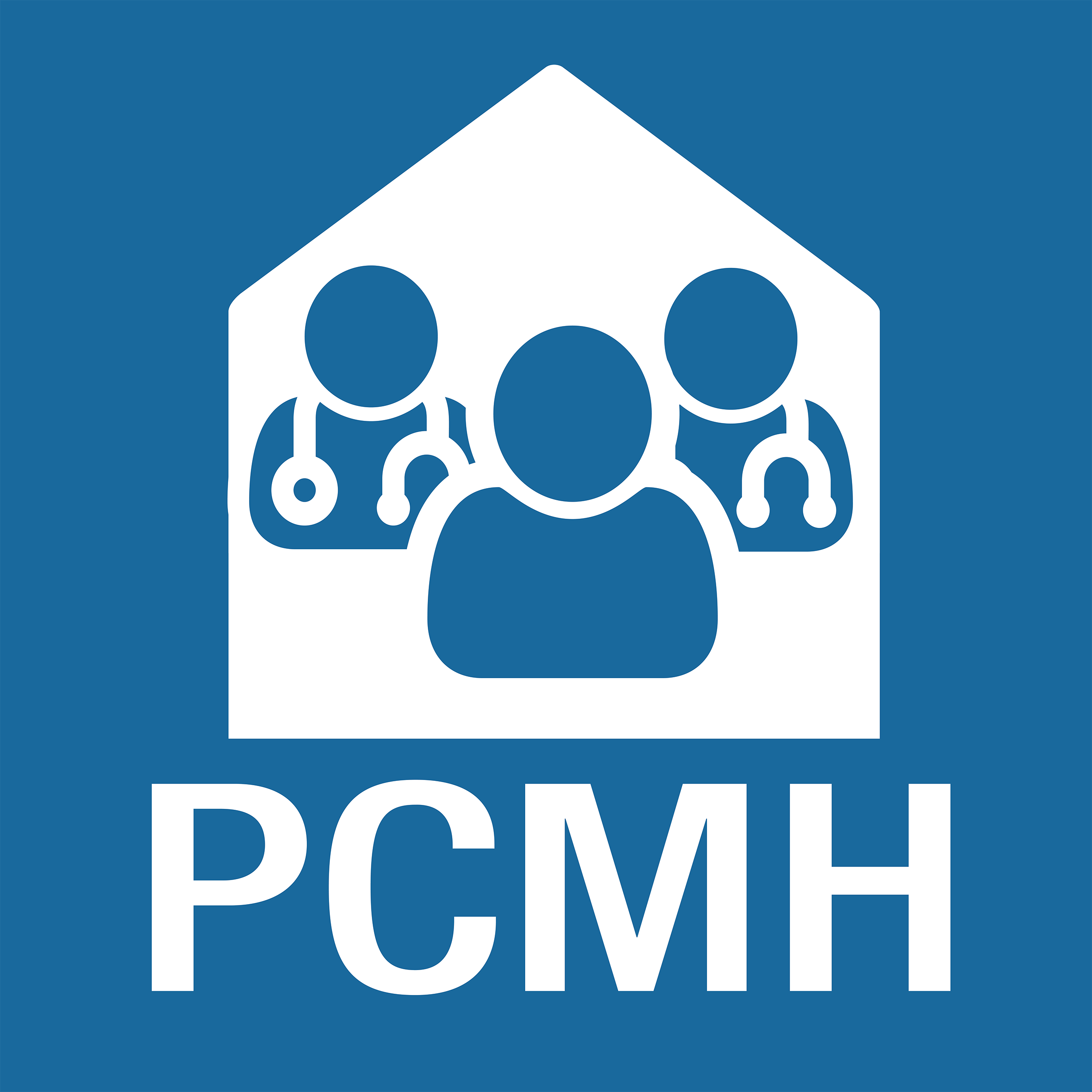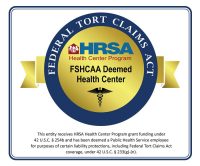As a Community Health Center, one of the top priorities for Valley-Wide Health Systems is community wellness. Through our integrated model, our primary care physicians and providers, dentists, and behavioral health professionals work collaboratively to develop treatment plans that address each patient’s unique needs and treat the whole person.
Nutrition is a part of community wellness that affects everyone. As part of National Nutrition Month, we interviewed our own Director of Behavioral Health, Marco Antillon, to discuss how nutrition and behavioral health issues may be correlated.
In general terms, give us an overview of how nutrition can help patients develop emotionally healthy habits.
When we think of community wellness, we think of people striving to live an overall healthy lifestyle. This includes a proper diet and ample exercise. In order to live this lifestyle, we need proper nutrients that are going to provide the energy to want to get out and do these things. A recent study from the Journal of Affective Disorders stated that adherence to a high-quality diet, regardless of its type, was associated with a lower risk of depressive symptoms over time. This suggests that eating healthy will lead to wanting to get out and live a healthier lifestyle, ultimately lowering the risk of depressive symptoms.
We know that nutrition plays a role in our physical development. Is there a correlation between nutrition and psychological, emotional, or social development?
You are correct in saying that nutrition plays a role in physical development. Without proper nutrients, our physical development can be delayed. Delays in physical development can also lead to delays in emotional, psychological, and social development. For example, a patient’s self-identity may be affected. This would be a good example of how our integrated model would come into play. A patient might visit a family physician because of delays in physical development due to nutritional issues. The physician may then determine that the delays in physical development are leading to delays in social or emotional development and work collaboratively with a Behavioral Health professional to development the best treatment plan for the patient.
Are there other examples of how nutrition might impact someone from the medical side and behavioral health services can also be a part of the treatment plan?
Absolutely. For example, let’s say a patient is going through a stressful time due to any number of reasons. As a coping mechanism, the patient begins eating more, binge eating, or eating unhealthy junk foods. After a time, the patient decides to see a medical provider to discuss proper nutrition and weight management. In talking with the provider, the patient discusses these coping habits he or she has developed. Our integrated model would allow the medical provider to potentially bring in behavioral health services to discuss healthier ways to cope with stress with the patient as part of the overall treatment plan.
Learn more about how our integrated model and behavioral health services might benefit you.


